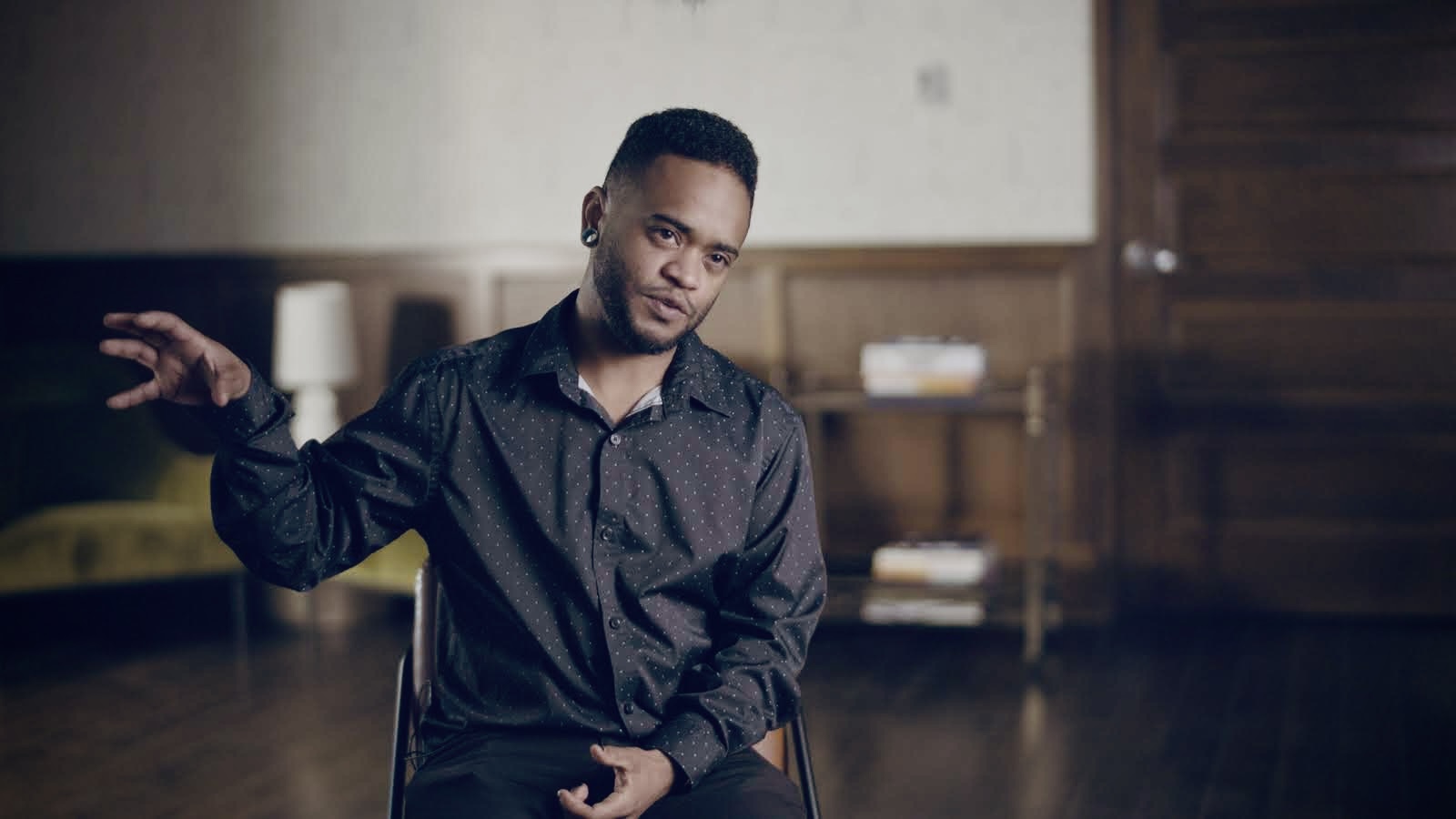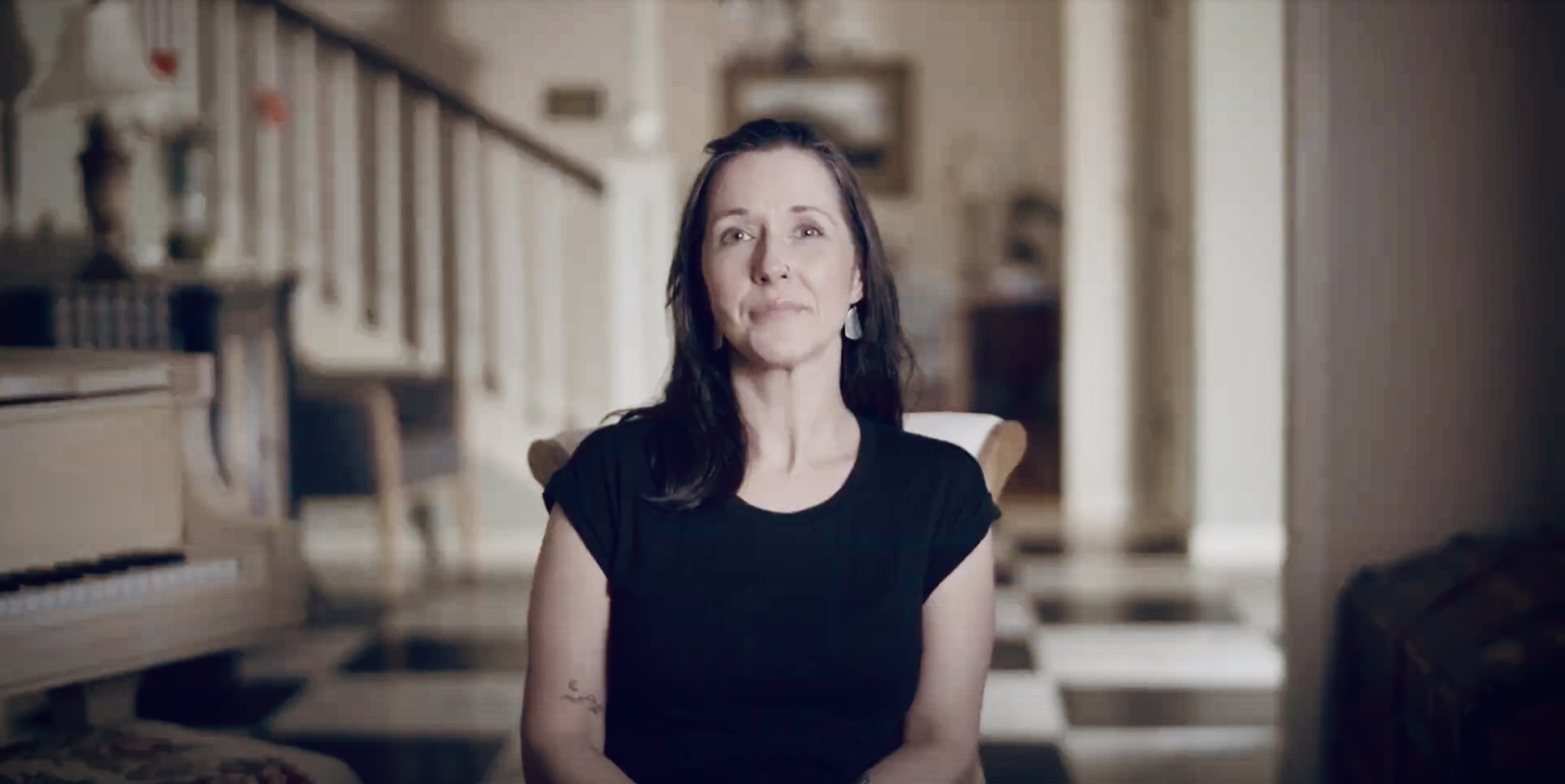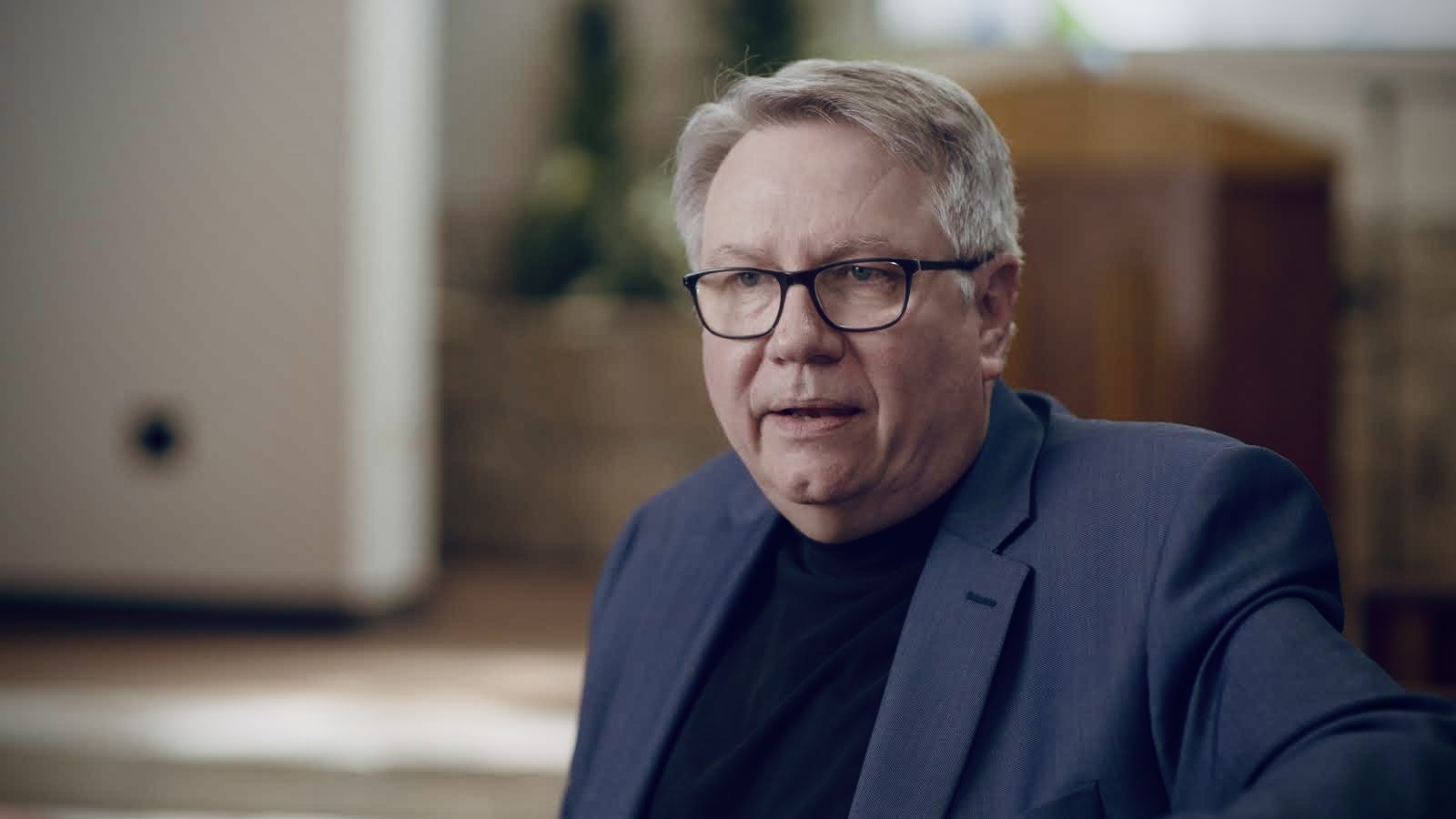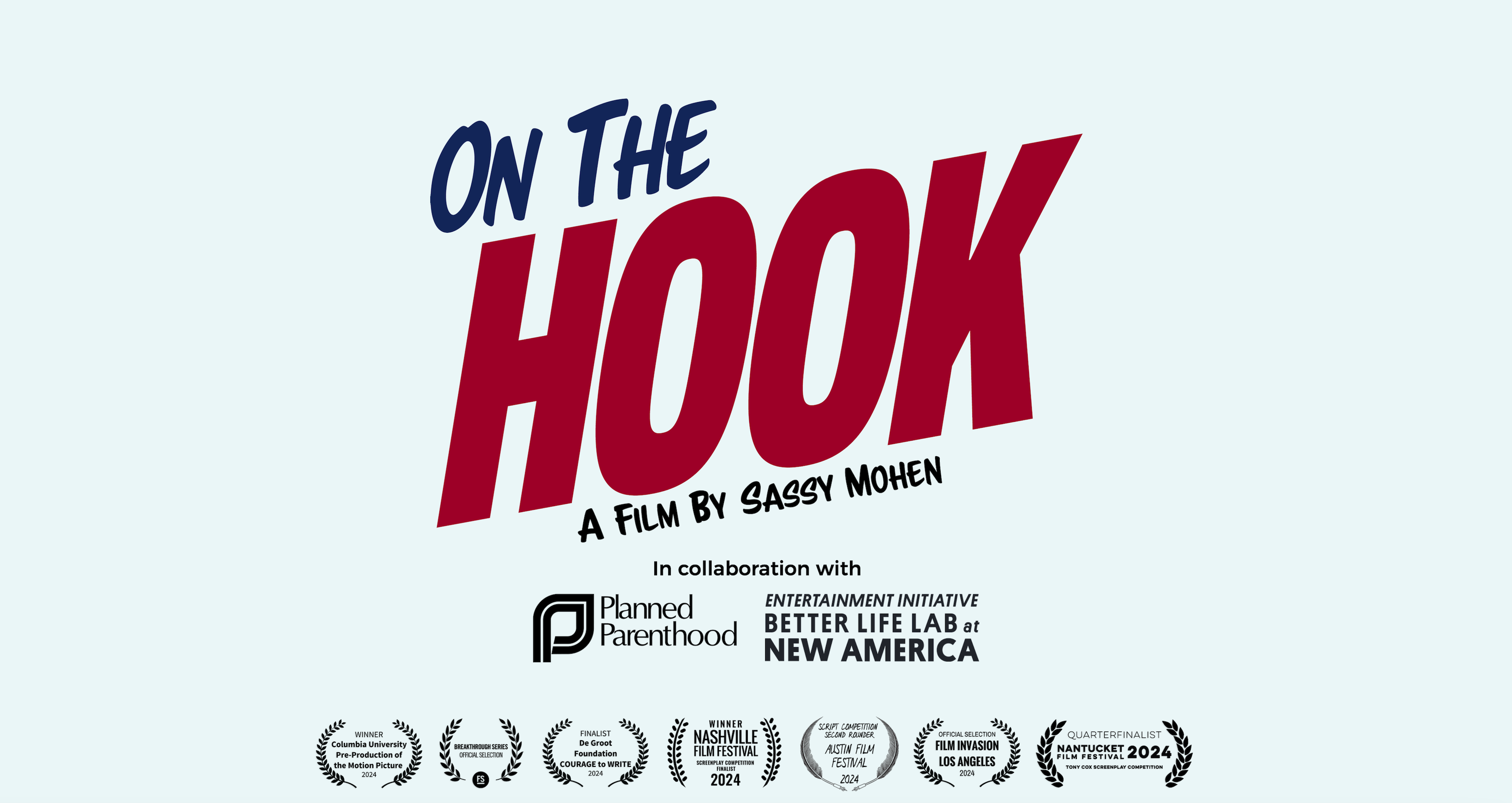The Oklahoma Project
THE OKLAHOMA PROJECT exposes the gripping saga of public education's hijacking in Oklahoma as it confronts book bans, mutes minority voices, and navigates an identity crisis.
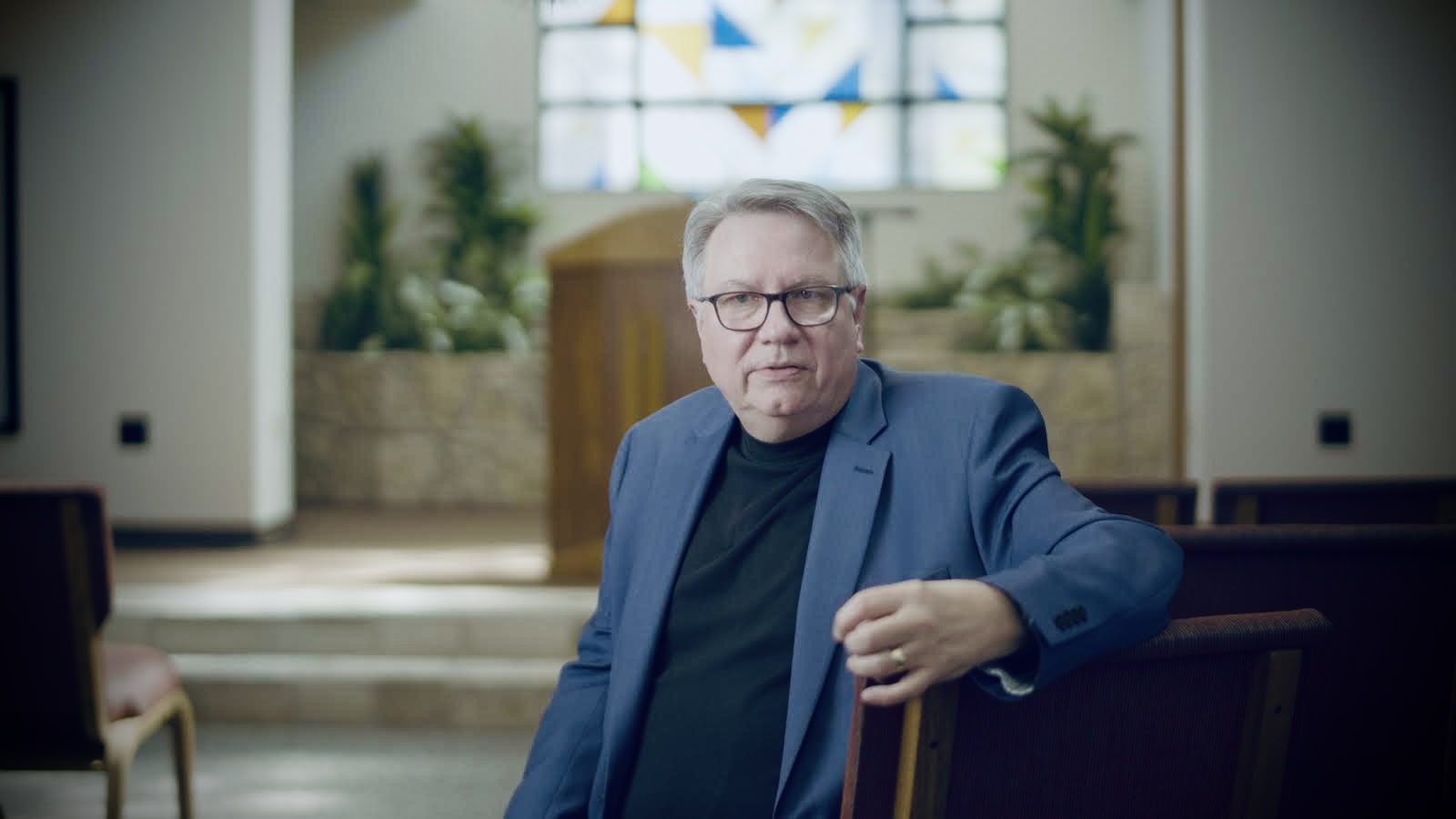
THE OKLAHOMA PROJECT exposes the gripping saga of public education's hijacking in Oklahoma as it confronts book bans, mutes minority voices, and navigates an identity crisis.
THE OKLAHOMA PROJECT is a documentary spotlighting the repercussions of ideological censorship in Oklahoma's educational institutions. Through intimate interviews and verite filming, it exposes systemic intolerance fueled by figures like Education Superintendent Ryan Walters and anti-LGBT activist Chaya Raichik, revealing targeted threats against educators like Kirby Mackenzie and the tragic consequences of discriminatory policies. From book bans, censorship, resignations, PragerU, and Nex Benedict—Oklahoma is in a crisis of identity. The film underscores the vital role of education in combating bigotry, confronting injustice, and defending freedom of expression at a historic time of oppression.
Amy Scott is an award-winning filmmaker known for crafting intimate, character-driven documentaries that spotlight artists, musicians, and cultural underdogs. Originally from Oklahoma, she brings a sharp eye for storytelling and a deep sense of empathy to her work, often exploring the personal and emotional landscapes behind public personas. Her feature directorial debut, Hal (Sundance 2018), profiled maverick filmmaker Hal Ashby and was distributed by Oscilloscope. She followed with Sheryl (SXSW 2022), a candid portrait of Sheryl Crow for Showtime. In 2024, she co-directed Melissa Etheridge: I’m Not Broken, which premiered at the Tribeca Film Festival and streamed on Paramount+. Her latest film, Counting Crows: Have You Seen Me Lately?, premieres at Tribeca 2025 and will air as part of HBO’s Music Box series. Amy’s work is grounded in authenticity, archival depth, and a fierce commitment to telling stories that amplify the voices of artists, outsiders, and cultural iconoclasts.
